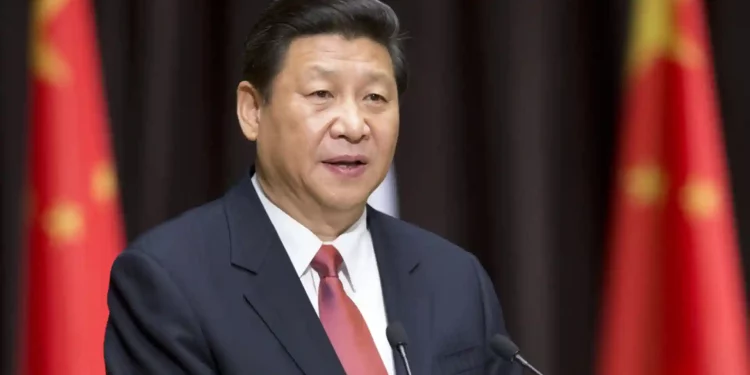China has established itself as an individual financier of infrastructural development projects like the World Bank with the help of BRI.
Xi Jinping, President of China, assured overseas businesses of a broader access to the Chinese market. He also committed to putting up $100 billion in financial lending to developing or emerging economies. These announcements were made at the flagship Belt and Road Initiative summit earlier this week.
The BRI summit was held at the ostentatious Great Hall of the People. Jinping announced that two state-backed developmental banks would set up funding windows for faster execution. The China Development Bank and the Export-Import Bank of China both will establish a 350 billion yuan ($47.9 billion) fund. There was further announcement of a fresh induction of 80 billion yuan ($11 billion) in the Silk Road Fund to boost the BRI projects.
The Chinese economy itself is facing significant challenges. So, massive investment announcements have emerged. This was caused by the crisis in the real estate sector and the exit of foreign direct investments, majorly from the manufacturing sector.
Xi mentioned that they are working on reducing the constraints on foreign investment in the manufacturing sector. They are set to welcome overseas trade and investment in the services sector and make their digital product market widely accessible to stakeholders. Their various government-owned businesses are undergoing substantial organisational level changes, and sectors like intellectual property rights, government procurement, and the digital economy are being restructured for better accessibility to foreign investors.
Xi said that they do not take part in geopolitical tactics, religious beliefs or political faceoffs. They are against individual sanctions, economic arm-twisting and the separation or alienation of chains. The breakup of chains was signalled towards diverting manufacturing bases and establishing supply chains outside of China.
The United States and its peer nations were hinted at in the President’s speeches as they are actively diversifying themselves from their dependence on Chinese manufacturing and supply chains. The US and China are currently in an ongoing trade war with recent rifts in the supply of raw materials for semiconductor manufacturing, like rare earth minerals and advanced technology. Beijing has promised to improve the business environment for foreign companies despite all the diplomatic clashes.
Xi commented that questions raised on his country’s industrial compliance is a move to curtail China’s progress. He criticised that growth or trade interdependence should not be viewed as a threat as this won’t help build one’s own economy or fuel their nation’s development. He highlighted that China can do well when the world is doing well, and in fact, when China does well, the world will get better, a classic dialogue delivery from an aspiring world superpower.
The BRI Summit was attended by representatives from over 130 countries, majorly comprising developing countries. The forum witnessed the presence of 20 heads of state and government. China’s ‘old friend’ President Vladimir Putin also attended the summit, reflecting Moscow’s unshaken support during times of crisis and isolation. European representatives involved ambassadors from France and Italy and Jean-Pierre Raffarin, the former French Prime Minister who walked out during Putin’s speech and returned afterwards.
Putin applauded BRI as an important, global and futuristic project for cultivating a world with multipolar world relations. He said that this is a global plan aligning with its plan to create a large Eurasian space for cooperation and communication of compatible people. He also mentioned other international organisations like the Shanghai Cooperation Organisation, the Eurasian Economic Union of erstwhile Soviet States and the Association of Southeast Asian Nations (ASEAN).
China has established itself as an individual financier of infrastructural development projects like the World Bank with the help of BRI. The government records show that they have started and galvanised over 3,000 projects worth almost $1 trillion in investment.


















